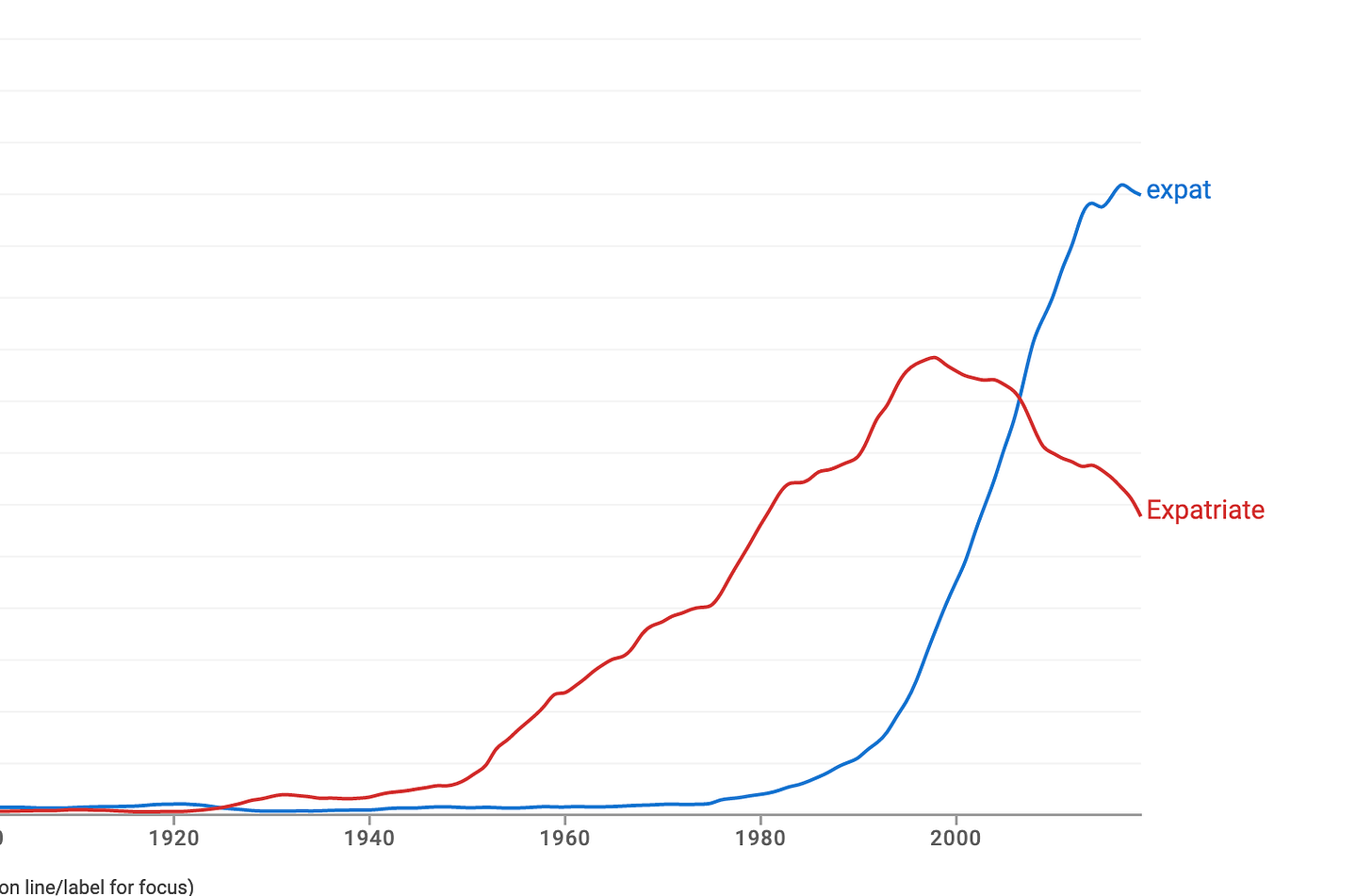This week we want to talk about the vocabulary of the undocumented. Considering you almost never hear individuals referring to themselves as “documented,” the words we use to describe individuals in this country have profound, lasting consequences.
We alluded, in an earlier La Cuenta entry, to the logic of ilunnon. Referring to the dehumanizing language used to talk about individuals labeled as undocumented, the label refers to the invocation of the words “illegal,” “undocumented,” and “non-citizen.” The words we’ve used to distance ourselves from one another have been in such common practice that none of us can remember or imagine a time when ilunnon did not exist.
Ilunnon is a word we use to intentionally remind readers that our vocabulary is arbitrary, nonsensical, and harmful. Let ilunnon get lodged in your throat. Its clunky molossus meter is dissonant. Foreign. Ilunnon doesn’t sound like it belongs in a U.S. vocabulary because it should never have been created in the first place.
Ilunnon (“illegal,” “undocumented,” “non-citizen”), as a word, is meant to intentionally remind readers that our vocabulary is arbitrary, nonsensical, and harmful.
Ilunon begs the question: when did we start using the words that we use?
Enter Ngram Viewer
Google’s Ngram Viewer helps explore the historical usage of words (in English) across more than a century of data. As explained on the site:
When you enter phrases into the Google Books Ngram Viewer, it displays a graph showing how those phrases have occurred in a corpus of books (e.g., "British English", "English Fiction", "French") over the selected years.
It’s pretty simply in execution. If you look up “Immigration and Customs Enforcement” (e.g. ICE), it is clear that the title didn’t show up until after 2002:
This makes sense. The U.S. Immigration and Customs Enforcement agency didn’t come into existence until the U.S. Homeland Security Act was signed in 2002 in response to 9/11.
Long before ICE, “Border Patrol” has been a constant part of the U.S. vocabulary:
The peaks and valleys here tell of a history of more than a century of persecution of individuals not born in the U.S. We can see the dramatic rise around the time of the 1924 Immigration Act and a steady, unrelenting increase in writing about the border patrol since the 1980s.
And what about the rhetoric Ilunnon?:
It wasn’t until 2006 that “alien” fell (slightly) out of favor.
And since the ‘80s, “undocumented” has gained momentum as the referent du jour for individuals in the U.S.
“Undocumented” might seem more socially unacceptable to some, but it is still used as a label for intentional social isolation and exclusion.
Not all immigration words are equal, though.
We’ve been particularly interested in the way that people living in the U.S. get labeled as “immigrants” while people who move away from the U.S. to live elsewhere are referred to, more affectionately, as “expats.” The expatriate, to our ears, is a fancy label that avoids calling U.S.-born individuals “immigrants.”
You might be wondering what vocabulary has to do with the “cost” of undocumented survival in the U.S.
Generationally, we have forgotten that there is a world where ilunnon did not exist; it might feel impossible to reimagine such a possibility today.
Ngram Viewer reminds us that we are in a period of escalating hate toward immigrants.
The language of exclusion has steadily increased over the past several decades. And though some words have ebbed and flowed over time, generationally many of us have only lived in a world where the hurtful language of ilunnon has been the norm. Generationally, we have forgotten that there is a world where ilunnon did not exist; it might feel impossible to reimagine such a possibility today.
What would a vocabulary that does not live on the edge of difference sound like? What would it take to reverse the trends of our word choices, leaving them and their meanings in the past?
Propina
Speaking of vocabulary, we want to call attention to Rafael Agustin’s 2022 memoir, Illegally Yours.
The book is a delightful read. It also speaks to the hurtful representations of immigrants in pop culture. This includes a particularly awful episode of the sitcom Alf, in which the key plot centers on a misunderstanding that an “immigration agent thought [Alf] was an ‘illegal’ alien.”
We’ll see you next week!











